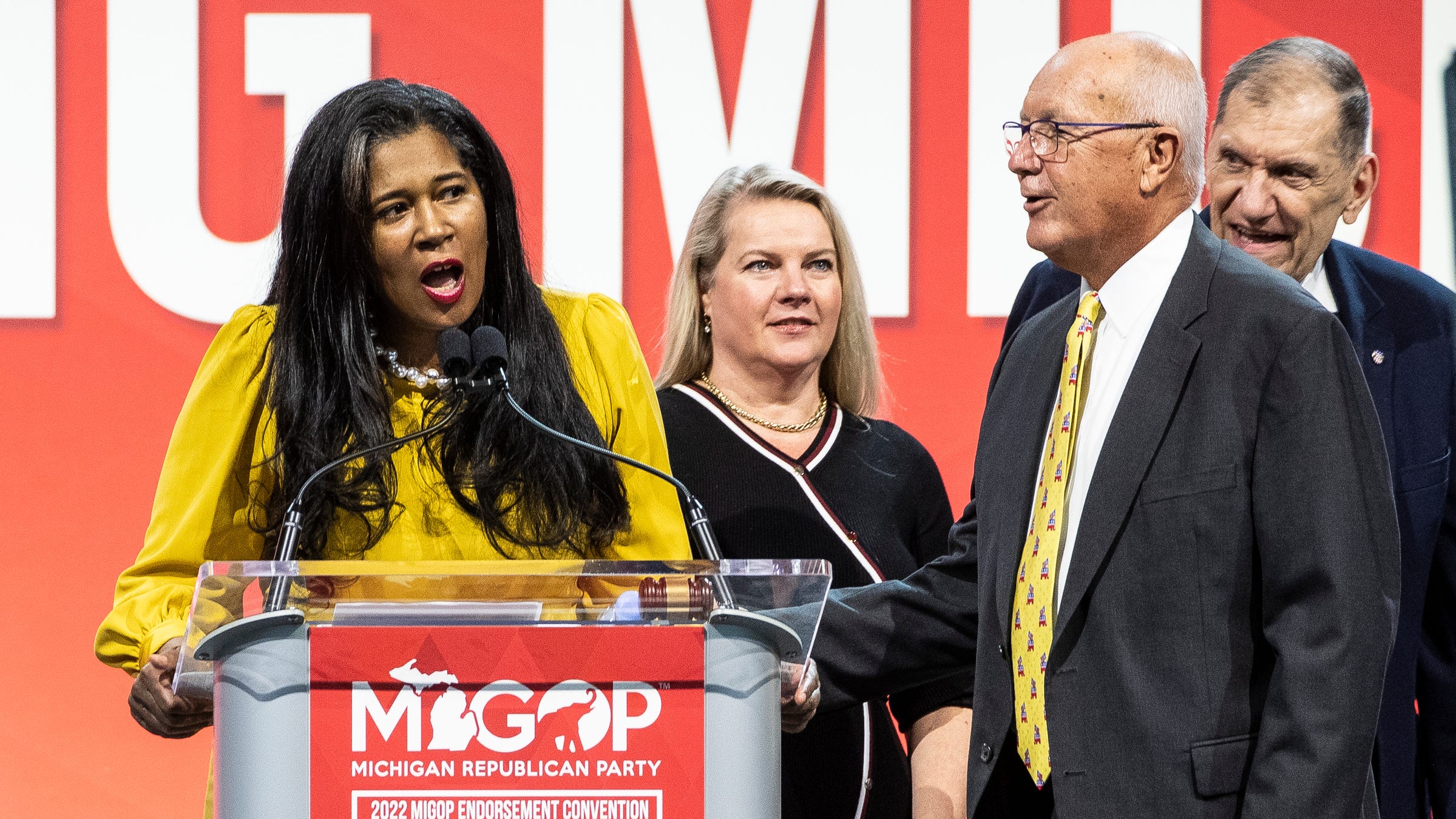Why doesn’t more democracy force the GOP to moderate?

A couple of friends of mine — not friends of ours — are having an interesting debate on the question asked above.
Friend One conducts a thought experiment:
1. The right to vote is universal to all citizens above 18 not currently serving a felony sentence. And let’s say there’s early voting and mail-ins and all of that. And the current GOP effort to not allow college students to vote in their college town would be 100% illegal. Never mind the marginal details, the gist is that everyone can vote, stop trying to make that not happen.
2. EC is gone, president is either FPTP popular vote or a two person runoff if you prefer.
3. State legislatures and the US House are not gerrymandered. One of those Sam Wang smart guy commissions is in place instead. There’s no mathematical ideal to shoot for, but let’s go with that one.
4. We’ll keep the Senate for now, not because it’s great, just to limit the scope. There are many other changes we could talk about as well. For this discussion we’re not doing proportional representation etc.
What would result from this more explicitly democratic democracy? Not permanent rule for the Democratic party. Who would even want that anyway; over the long term the big parties are just names, and anyway states with semi-permanent one party rule suck bad. Rather it would render the current GOP strategy moot. That strategy is to accept minority status since you can win anyway. And to use all levers to make that happen. Tennessee expulsions, targeted opposition turnout reduction efforts (if you don’t like the ugly term “vote suppression”), aggressive gerrymandering, undying use and abuse of the EC, including the ISL gambit.
Without those strategies, they would have to go for actual majority support of their positions. And if persuasion to their current positions failed, they would eventually change the positions to appeal to the median voter. That’s what losing a bunch of elections is supposed to do to a party. If individual zealots with party power won’t change, they will be replaced given enough losses.
Of course meaningful constitutional amendments have been impossible for decades, and this SCOTUS certainly isn’t going to support any moves in the majoritarian direction. So we’re assuming rainbows for this discussion.
Friend Two points out something pretty disturbing:
In states that have had recent voter-generated fair, non-partisan redistricting (California, Michigan, Arizona, Montana, Idaho, Colorado), the GOP hasn’t moderated. In fact, Arizona and Michigan probably have the craziest, shittiest GOPs in the country.
Specific case: Michigan enacted almost all of the things you’re suggesting in 2018, then got a progressive majority on the state SCOTUS in 2020. It’s no coincidence that the Dems got a trifecta there in 2022 in the first elections with fair districts in 50+ years.
How did the state GOP respond? By electing the most extreme election denying, anti-abortion nutjobs available for every leadership position! What Kristina Karamo says is that if they win, they’ll undo all of the 2018-2020 pro-democracy reforms. The fascist donors prefer that to moderating and winning elections.
Now one possible response is that while the initial reaction of the contemporary Republican party to the fact that it’s positions are very unpopular may just be to further accelerate its radicalization, after a few cycles of electoral defeat the party will either come around or collapse.
But another possibility for a party that can’t gain basic democratic legitimacy is to replace democracy, even very loosely defined — note Friend One acknowledges the impossibility of getting rid of the Senate even in this fantasy construct — with something else, such as the “managed democracy” that the PRI imposed on Mexico for a good half century, to choose an example close at hand, geographically and historically. (In this sense Mexico may not be sending us their best). In this model, the party uses whatever levers it can employ to entrench itself against democratic accountability, so that increasingly elections become less and less meaningful.
In any case, it does seem that at the state level at least, democratic reforms that make the GOP in its present form electorally non-viable simply radicalize the state party further. The implications this dynamic has for national politics are worth considering.
